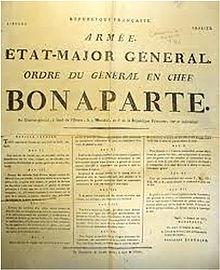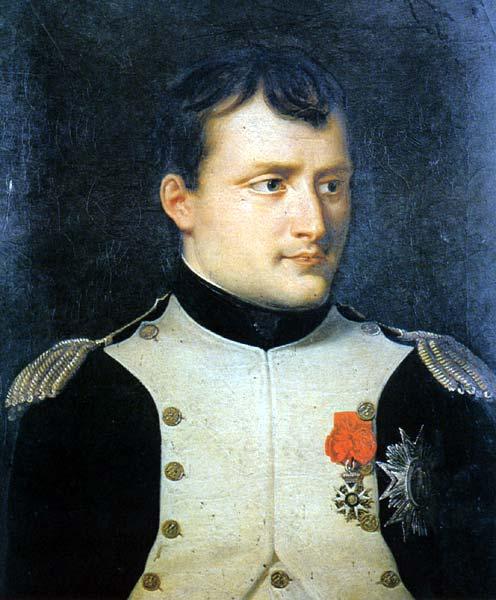After the idea had been hoarded for more than a hundred years in the corridors of French diplomacy, Napoleon launched his famous campaign against Egypt at the beginning of the thirteenth century AH and the end of the eighteenth century AD. The campaign failed to achieve its political goals, including controlling the trade route to India and displacing the English from the continent. The issue of the French campaign at that time was not strange, but it was the stranger who came up with the idea.
The Roman Empire emerged after thirty years of civil wars in and around Germany, exhausted and about to fall. On the other hand, France's influence was expanding and its strength was growing. To avoid entering France under the control of France, the philosopher and mathematician Leibniz suggested that France extend its influence to Egypt in a first step to reach India. Leibniz, who was busy inventing his computer, had an important diplomatic role, as he was invited to visit Paris to present his idea. It was not long before France was preoccupied with a war with the Dutch that distracted them from implementing his proposed idea. The idea had to wait for Napoleon after a hundred years to implement it.
advertising material

After Leibniz stayed for nearly a year in Paris, his new destination was to London, although his visit to London was diplomatic, but he found the opportunity to show his calculator to the Royal Society, which celebrated him and granted him its membership, and the celebration he found from the Royal Society was not the only result of his visit To London, it opened the door for Newton to accuse him, after years, of reading and stealing his unpublished ideas on calculus.
Three centuries after the Guttenberg printer was invented, the printer that spread and was widely used in Europe arrived in Egypt with Napoleon's campaign. Napoleon believed that publicizing his campaign as a peace-loving and lover of science and culture would facilitate his task, so he ordered the establishment of a printing press equipped with Arabic and Turkish letters to publish his propaganda, named after its arrival. To Cairo at the National Printing Press, the Ottoman Empire had a negative attitude towards the new invention, as it continued to prevent its use under various pretexts, until the printing press entered Egypt by force, making it a great scientific center for the region.
Guttenberg's machine had to operate separately from Leibniz's machine from then until the 20th century, and the world had to wait six centuries and two world wars to arrive at what seems today a self-evident idea of combining the two machines into one, and unlike the printing press, we didn't need a military campaign to enter The computer to our Arab capitals, but despite the passage of all that time, we are still unable to this day to manufacture one of the two machines on our own.
* Quoted from "Riyadh"
